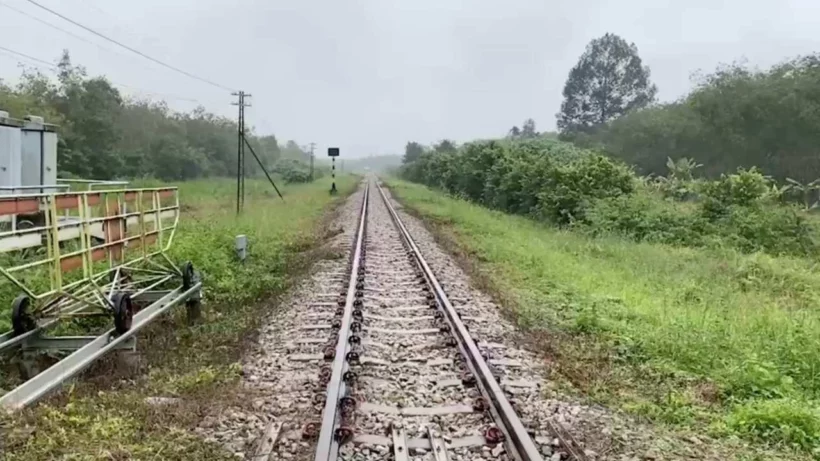High-speed rail project linking Bangkok to Chiang Mai expected to begin

Thailand and Japan’s collaborative high-speed rail project, linking Bangkok to Chiang Mai, is expected to begin soon after years of planning. The first phase of the project would see the railway run from Bangkok to Phitsanulok for over 380 kilometres, then continue to Chiang Mai for another 288 kilometres.
As officials from both countries met, Japanese agencies say the first phase of the project would offer an economic return that is around 17.3% higher than its original target. The feasibility study was reviewed by concerned agencies at two meetings.
Back in 2015, a Memorandum of Cooperation was signed with Japan for the project’s first phase. Japan had reportedly pitched using Shinkansen-style trains, which can reach a maximum speed of up to 300 kilometres per hour.
Those who support the new project say it is capable of generating benefits for Thailand’s economy and strengthening bilateral ties.
A source told the Bangkok Post, that the Japan International Cooperation Agency (JICA) has been working since 2017 to improve the project’s effectiveness, reduce the budget and arrive at a travel assessment.
A representative for JICA says the study also includes the impact of reducing CO2 emissions in its appraisal of economic and social benefits.
Thailand is also asking Japan to study the wider economic benefits for the areas surrounding the railway by using Japan’s railway stations as an example.
Thailand has also proposed Japan study other tourism and transport facilities surrounding the current railway stations to gather information on their collective impact.
Currently, the fastest train to run between the two cities takes about 10 hours and 25 minutes. To check tickets for trains between Chiang Mai and Bangkok, visit: https://www.thailandtrains.com/buy-train-tickets-from-bangkok-to-chiang-mai/
Meanwhile, Chiang Mai residents are getting free face masks as dangerous air pollution in the province soars. Authorities say they will hand out the masks to the public as forest fires continue to pollute the air.
The fires have been a problem for years as farmers continue to set ablaze fields to clear the way for the next crop cycle.
Latest Thailand News
Follow The Thaiger on Google News:


























